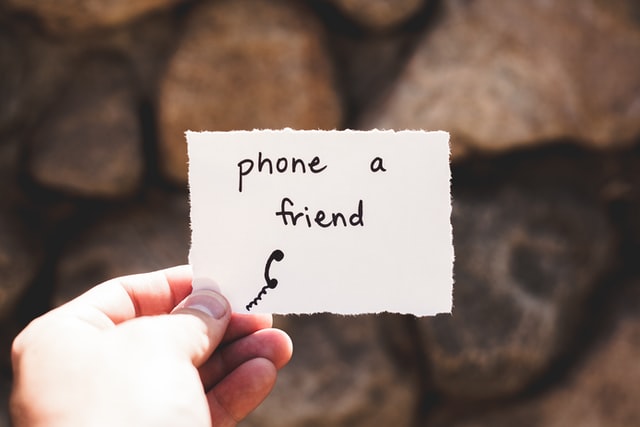Mental Health Awareness Month
Your feelings matter. It is always okay to ask for help. <3
tw // suicide
September is Suicide Awareness Month, and that awareness is very important in today’s emotional environment. Many people have lost loved ones due to suicide and didn’t recognize that their loved ones were suffering, but that is not their fault. This is why awareness is so vital.
While the 2019-2020 school ID’s featured some hotlines, there are additional ones provided at the end of this article. Suicide Awareness is such an important topic worldwide this time of year that there is also a National Suicide Prevention Week (September 7-13) and a World Suicide Prevention Day on September 10. Suicide Awareness Dates.
It’s not always easy to understand the depression that often leads to thoughts of suicide. Depression shows in different ways. Many feel like their problems are not that important, although this is false. Everyone’s problems are important, and invalidating someone’s problems is dangerous. Imagine if two people were drowning, but from different depths. It is like that, and people need to be aware. Depression is not just the constant feeling of being alone and sad. It manifests itself in anger, or it can be hidden. Sometimes just checking in on someone who is acting unusual or becoming less interested into things can prevent suicide. Sometimes, it takes more.
The feelings of depression hit differently for different people, and many go undiagnosed. Some are told things like “You have no reason to be depressed” or “My problems are worse.” If you notice that your friend has been acting differently, please check up on them. Even the ones that are usually happy sometimes put up a front.
Because of the pandemic, being in quarantine and separated from people has impacted a lot of people’s mental health. They have had so much time to overthink and be alone with thoughts, and that is especially hard for the people who suffer from depression. Intrusive thoughts make things harder.
Some try to escape those thoughts with coping mechanisms like writing, coloring, embroidery, or any type of hobby, even cleaning. If you notice someone who suddenly takes up a hobby like this with a passion, they might be battling intrusive thoughts. Don’t be afraid to reach out to them and listen to their problems. By no means imply that they are wrong for their feelings or that their behavior will hurt others. It isn’t about their family; they may be suffering so much that they think ending it would be better. Also, never promise confidentiality because, if that person is a danger to themselves, they need medical support as well as emotional support. Instead, talk to them, listen to their problems and be yourself. Let them trust you, offer them hope. Let them know that you care about them and how they feel, and be willing to help them seek assistance and professional guidance.
If you are reading this and are suffering or thinking about it, please reach out to a friend, a parent or one of the hotlines listed below. Those who you are close with would much rather listen to your problems than attend your funeral. The feelings may be overwhelming, but they are temporary and you have a lot to live for.
If you need help but don’t know who to turn to, you might want to call one of the school’s psychologists or dial up the appropriate hotline listed below:
- Eating Disorders Center 1-888-236-1188
- Suicide Hotline – 1-800-273-8255
- S.A.F.E. (Self-Abuse Finally Ends) 1-800-366-8288
- National Domestic Violence Hotline 1-800-799-7233
- National Domestic Violence Hotline Spanish 1-800-942-6908
- Deaf Hotline 1-800-799-4889

Isabella is a staff writer for the Armijo Signal. She enjoys reading, listening to SPM and watching netflix. She isn't much of an artist but she is very...








